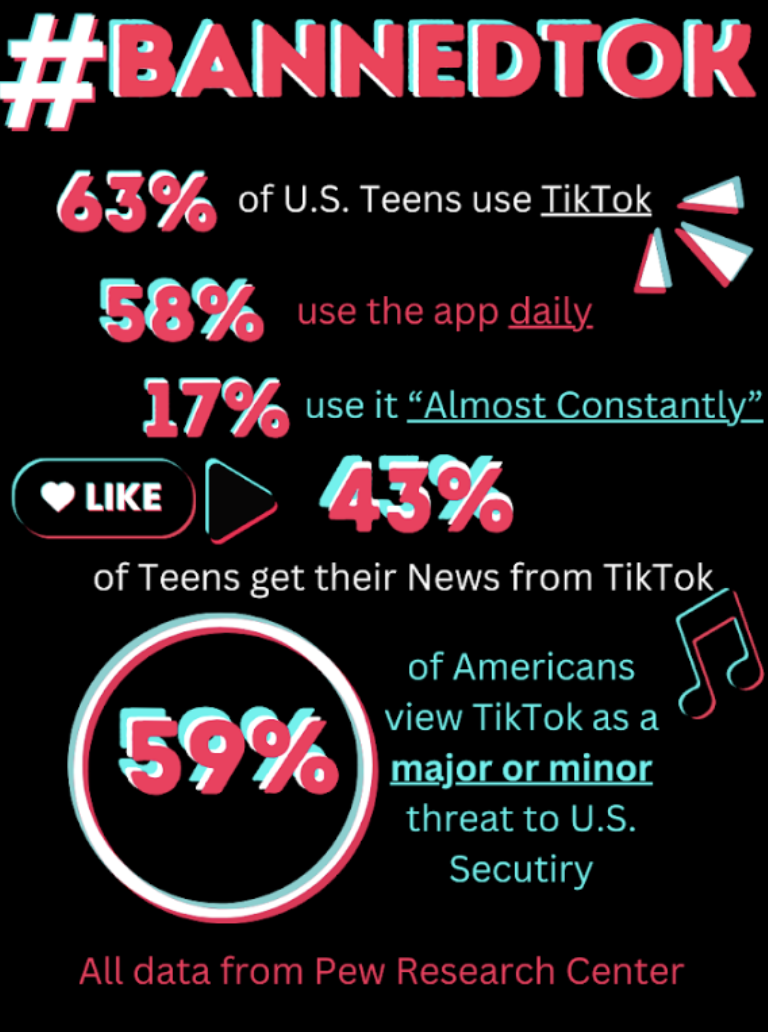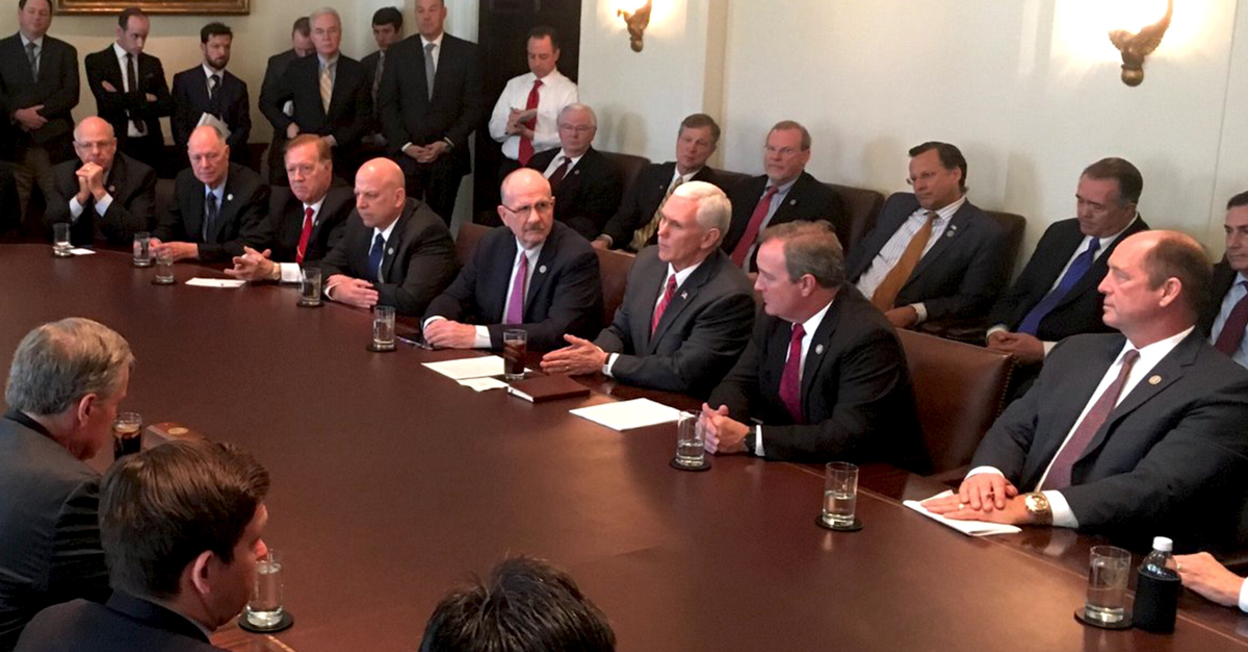Lulu Stracher ’17
Last month, as Planned Parenthood celebrated its 100th anniversary, Republicans in House of Representatives passed a health care bill called the American Health Care Act or AHCA, that would not only strip 24 million Americans of their health insurance, it would also “defund” Planned Parenthood. Republicans reason that because the AHCA bans federal funding from going to organizations that perform abortions, Planned Parenthood is not entitled to receive federal money, despite the fact that Planned Parenthood has been a crucial provider of healthcare services for low income women since the organization’s creation. This will have a disastrous impact on the patients of Planned Parenthood since they would no longer be able to access life saving health care.
Republicans in Congress are not being truthful. Under the Hyde Amendment, Planned Parenthood is prohibited from using the federal funding it receives from Medicaid to perform abortions. What this means is that the money that Planned Parenthood receives from the federal government must be used for other types of services such as life saving treatments, including cancer screenings, STD testing and treatment and birth control. Not a single taxpayer’s dollar pays for an abortion. But the Republicans are not sharing that critical piece of information with their constituents.
Although the AHCA has passed in the House, it has not yet passed the Senate, nor has it reached the President’s desk. It heads to the Senate this week, and guess who’s leading the health care task force? Thirteen men and not a single woman. What this means is that the very people in charge of drafting health-care legislation for the entire nation, the majority of whom are women, will have no help or input from any one of the 20 women who hold a seat in the Senate.
In December, the Ohio state legislature passed a bill that would ban abortions at six weeks, which is before many women even know they are pregnant. Republican Representative Jim Buchy, a strong sponsor of the bill, said it would encourage “personal responsibility,” demonstrating that he is extremely out of touch with how these issues actually affect women. In 2012, after declaring that his ultimate goal was to ban abortion in the state of Ohio, a reporter asked him why a woman would want to get an abortion in the first place. “Well, there’s probably a lot of reas— I’m not a woman.” He laughs. “I’m thinking now if I’m a woman why would I want to get … some of it has to do with economics. A lot of it has to do with economics. I don’t know. It’s a question I’ve never even thought about.”
The preventative and ongoing health care services that Planned Parenthood provides are essential to millions of low-income women throughout our nation. Without them, a large segment of our society could face a healthcare crisis the likes of which we cannot even begin to imagine. But before we can even have the debate about whether Planned Parenthood should stay funded, it’s imperative that women are a part of the conversation. If women aren’t at the table, then they shouldn’t be on the menu. The people who are making planning to defund these programs do not understand the serious implications that they will have on the livelihoods of women all across America.
If you’re pro-defunding Planned Parenthood, you aren’t pro life. You’re anti women’s health. You’re anti life-saving healthcare.














































